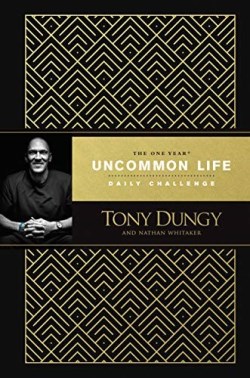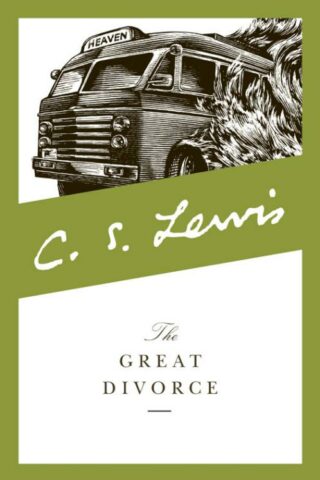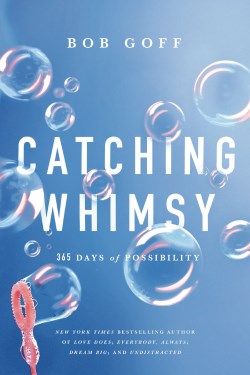Return Of The God Hypothesis
$29.99
The New York Times bestselling author of Darwin’s Doubt and Intelligent Design scholar presents groundbreaking scientific evidence of the existence of God, based on breakthroughs in physics, cosmology, and biology.
In 2004, Stephen C. Meyer, one of the preeminent scientists studying the origins of life, ignited a firestorm of media and scientific controversy when a biology journal at the Smithsonian Institution published his peer-reviewed article advancing the theory of Intelligent Design. Then, in his two bestselling books, Signature in the Cell and Darwin’s Doubt, he helped unravel a mystery that Charles Darwin did not address: how did life begin? and offered further scientific proof to bolster his arguments on the history of life and our origins, concluding that life was designed.
In those previous books, Meyer purposely refrained from attempting to answer questions about “who” might have designed life. Now, in The Return of the God Hypothesis, he brings his ideas full circle, providing a reasoned and evidence-based answer to the ultimate mystery of the universe, drawn from recent scientific discoveries in physics, cosmology, and biology.
Meyer uses three scientific points to refute popular arguments put forward by the “New Atheists” against the existence of God:
The evidence from cosmology showing that the material universe had a beginning.
The evidence from physics showing that, from the beginning, the universe was been “finely tuned” to allow for the possibility of life.
The evidence from biology showing that since the universe came into being, large amounts of genetic information present in DNA must have arisen to make life possible.
In analyzing the evidence from these three fields, Meyer reveals how the data support not just the existence of an intelligent designer of some kind-but the existence of a theistic creator.
The Return of the God Hypothesis features 20-30 black-and-white line drawings, charts, and photos.
in stock within 3-5 days of online purchase
SKU (ISBN): 9780062071507
ISBN10: 0062071505
Stephen Meyer
Binding: Cloth Text
Published: July 2019
Publisher: Harper Collins Publishers
Related products
-
Light Within Me
$27.99The celebrated Fox News star and #1 New York Times bestselling author offers a powerful, uplifting look at her life and her spiritual journey, reflecting on her family, her faith, and her successful career.
In her bestselling children’s book Take Heart, My Child, Ainsley Earhardt drew on her childhood and the inspirational notes her father wrote her before school each morning. In this moving memoir, she reminisces about growing up with a father who loved his children unconditionally–a cherished model of parenthood she has adopted with her own daughter–how her Christian faith has shaped her life, and the dynamic journalism career that has made her a trusted household name.
From her insightful political coverage, including a sit-down with Melania Trump, to her powerful reporting covering some of the most headline-making national events, to her live coverage, including Pope Francis’ visit to New York, Ainsley considers her career and the factors that have propelled her to the top of her field, becoming a cohost of Fox & Friends and contributor to Hannity. Ainsley credits her success to the values she learned from her parents, and to the enduring Christian faith that has been her ballast through thick and thin, in good times and in periods of great difficulty.
Filled with inspirational quotes taken from Scripture and illustrated with sixteen pages of never-before-seen photos, her memoir is infused with her spiritual beliefs and will touch the hearts of all her fans, reminding them to count the blessings God has given them every day of their lives.
Add to cart2 in stock
-
God For The Rest Of Us Pastors DVD Kit
$19.99The Pharisees called Jesus “a friend of sinners.” He took it as a compliment. Would you? In these resources, Pastor Vince Antonucci and his unusual church that reaches out to people on the Las Vegas Strip explore a powerful question: what if God is not just for the faithful, church-going, or holier-than-thou types – what if God is for the rest of us? This small group study expands viewpoints, overcomes stereotypes, and models how to really love people like Jesus does. The Pastor’s Kit includes everything needed to plan a six-week teaching series around the concepts presented in the Small Group Study. It includes:
Special video message for pastors
Video guide for implementing a church-wide program
Six sermon outlines
Six short video clips to accompany each week’s sermon
Six sermon bumpers (short video clips to introduce each week’s sermon)
Digital art files to use in creation of bulletins and other promo materialsAdd to cartin stock within 3-5 days of online purchase
-
Great Divorce
$17.99C.S. Lewis takes us on a profound journey through both heaven and hell in this engaging allegorical tale. Using his extraordinary descriptive powers, Lewis introduces us to supernatural beings who will change the way we think about good and evil. In The Great Divorce C.S. Lewis again employs his formidable talent for fable and allegory. The writer, in a dream, finds himself in a bus which travels between Hell and Heaven. This is the starting point for an extraordinary meditation upon good and evil which takes issue with William Blake’s The Marriage of Heaven and Hell.
Add to cartin stock within 3-5 days of online purchase
-
Mere Christianity
$17.99Arguably the 20th century’s most influential Christian writer, C.S. Lewis sought to explain and defend the beliefs that nearly all Christians at all times hold in common. His simple yet deeply profound classic, originally delivered as a series of radio broadcasts, is a book to be thoroughly digested by believers and generously shared with skeptics. Paperback with French f laps and deckled page edges.
Add to cart1 in stock (additional units can be purchased)
















Reviews
There are no reviews yet.